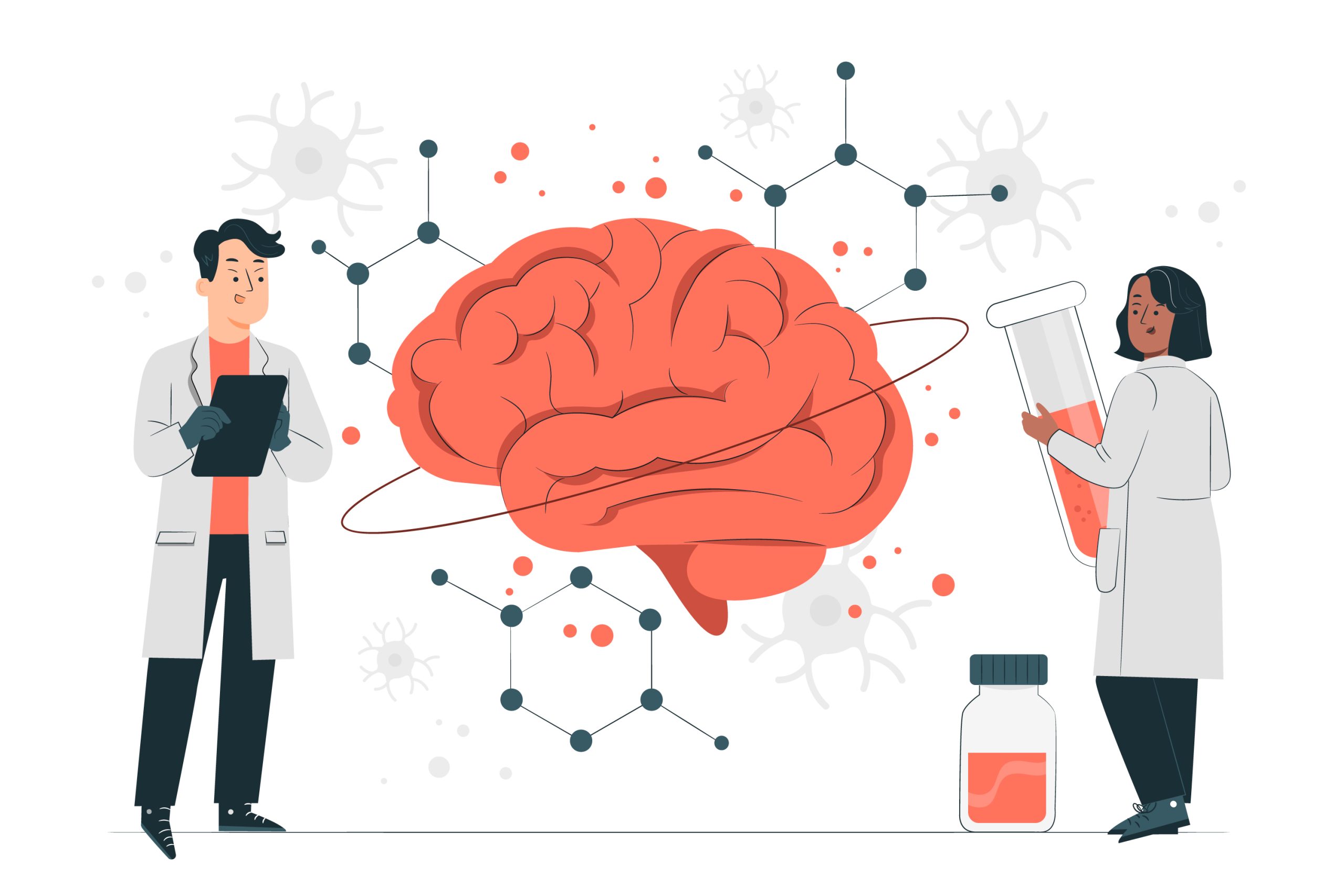Happiness is a universal pursuit, a state of being that transcends geographical boundaries, cultural differences, and individual circumstances. It is a fundamental aspect of human existence, sought after by philosophers, poets, and scientists alike. Yet, the nature of happiness, its origins, and how it can be sustained have remained elusive for centuries. Although this pursuit has been challenging, recent advances in psychology and neuroscience have shed new light on the science of happiness, unraveling its mysteries and providing invaluable insights into what truly makes us happy.
Understanding the Nature of Happiness:
Happiness is more than just a fleeting emotion; it’s a holistic state of well-being that encompasses positive emotions, a sense of purpose, and meaningful connections with others. Research suggests that while genetics and life circumstances play a role in determining our baseline level of happiness, intentional activities and mindset shifts can significantly impact our overall well-being.
The Biology of Happiness:
- Researchers have discovered that happiness is not solely dependent on external factors but is deeply rooted in our biology. Neurotransmitters such as dopamine, serotonin, and endorphins play crucial roles in regulating mood and emotions.
- Studies using brain imaging techniques have shown that certain brain regions, including the prefrontal cortex and limbic system, are involved in processing positive emotions and experiences. Additionally, genetic studies have revealed that a significant portion of our happiness levels is heritable, suggesting a biological basis for individual differences in happiness. (DFARHUD et al., 2014, #)
Cultivating a Positive Mindset:
Adopting a positive outlook on life can profoundly affect our happiness levels. Practices such as gratitude journaling, positive affirmations, and focusing on strengths rather than weaknesses can help rewire our brains for happiness. By actively seeking out the good in our lives and reframing challenges as opportunities for growth, we can cultivate a more optimistic mindset.
The Psychology of Happiness:
- Psychologists have identified various psychological factors that contribute to happiness, such as positive thinking, gratitude, and resilience.
- The field of positive psychology, pioneered by Martin Seligman and others, focuses on understanding and cultivating human strengths and virtues to enhance well-being.
- Research has shown that factors like social connections, meaningful work, and a sense of purpose are strongly correlated with higher levels of happiness.
Prioritizing Meaning and Purpose:
True happiness often stems from living a life aligned with our values and passions. Identifying our core values and setting meaningful goals can provide a sense of direction and purpose. Whether it’s pursuing a fulfilling career, engaging in creative pursuits, or contributing to causes we believe in, prioritizing meaning over material possessions can lead to deeper and more lasting happiness
The Pursuit of Pleasure vs. Meaning:
- While pleasure and positive experiences contribute to momentary happiness, lasting fulfillment often comes from pursuing activities that provide a sense of meaning and purpose.
- Studies have found that people who prioritize meaningful goals, such as personal growth, contributing to others, or pursuing passions, report higher overall levels of well-being. (Feeney, 2014)
- The concept of “eudaimonic happiness,” coined by Aristotle, emphasizes the importance of living a virtuous and meaningful life, leading to deeper and more enduring happiness than purely hedonic pursuits.
Nurturing Social Connections:
Human connection is a fundamental aspect of happiness. Cultivating supportive relationships with family, friends, and community members can provide a sense of belonging and emotional support. Taking the time to connect with others through meaningful conversations, acts of kindness, and shared experiences can enhance our well-being and foster a sense of connection.
The Role of Mindfulness and Gratitude:
- Mindfulness practices, such as meditation and mindfulness-based interventions, have been shown to enhance happiness by increasing present-moment awareness, reducing stress, and fostering acceptance.
- Cultivating gratitude—appreciating the good in one’s life—has been linked to numerous psychological benefits, including greater happiness, improved relationships, and better physical health.
- Incorporating simple gratitude exercises, such as keeping a gratitude journal or expressing gratitude to others, can significantly boost well-being over time.
Practicing Mindfulness and Self-Compassion:
Mindfulness practices, such as meditation and deep breathing exercises, can help us cultivate present-moment awareness and reduce stress. By learning to observe our thoughts and emotions without judgment, we can cultivate a greater sense of peace and equanimity. Additionally, practicing self-compassion—being kind and understanding towards ourselves, especially in times of difficulty—can enhance our resilience and overall well-being.
The Impact of Social Connections:
- Humans are inherently social beings and strong social connections are essential for happiness and overall well-being.
- Research has consistently shown that having supportive relationships with family, friends, and community members is a robust predictor of happiness.
- Acts of kindness and altruism not only benefit others but also contribute to one’s own happiness, highlighting the reciprocal nature of social relationships.
In conclusion, the science of happiness offers profound insights into the human experience, revealing the complex interplay of biology, psychology, and social factors that influence our well-being. By understanding the underlying mechanisms of happiness and adopting evidence-based strategies for cultivating it, we can embark on a journey toward a more fulfilling and meaningful life. As we continue to unravel the mysteries of happiness, let us strive to cultivate joy, foster connections, and pursue paths that lead not only to pleasure but to lasting contentment and purpose.
References
DFARHUD, D., MALMIR, M., & KHANAHMADI, M. (2014, Nov). Happiness & Health: The Biological Factors. Iranian Journal of Public Health, 43(11), 1468–1477. https://www.ncbi.nlm.nih.gov/pmc/articles/PMC4449495/
Feeney, B. C. (2014, August 14). New Look at Social Support: A Theoretical Perspective on Thriving through Relationships. NCBI. Retrieved March 25, 2024, from https://www.ncbi.nlm.nih.gov/pmc/articles/PMC5480897/




